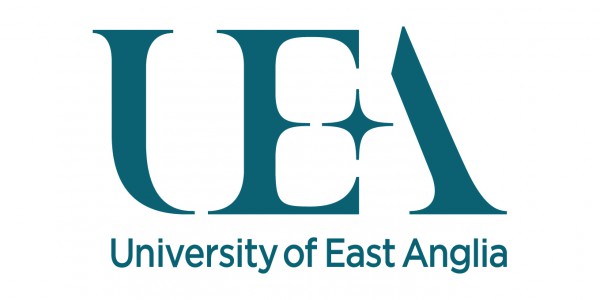Suzanne
Administrator for NIBS, University Park, University of Nottingham
View this author's profilePosts by Suzanne
On the Community of Advantage, by Bob Sugden
July 11, 2018
This week sees the publication of Bob’s 9th book – “The Community of Advantage: A Behavioural Economist’s Defence of the Market” by Oxford University Press. For the convenience of our readers, here’s the link to Amazon (other book retailers are available). We featured this in the June edition of our NIBS newsletter and you can now read …
How to become more patient – and not eat the cream bun
June 4, 2018
NIBS Co-Investigator Daniel Read, looks at our behaviour when we make decisions on how to act now that will affect our future. He says; “Most of our decisions are intertemporal choices, ranging from the person on a diet agonising over a cream bun to the world’s scientists and leaders convening every year to agonise over …
What’s happening at our International Partners?
March 28, 2018
The Network for Integrated Behavioural Science (NIBS) offers an exchange programme for our researchers, which involves seven other international centres of excellence in behavioural science. Here’s a quick look at what’s happening at some of these partner institutions right now. The Center for Research in Experimental Economics and Political Decision Making – CREED (Amsterdam) * …
The role of information search and its influence on risk preferences
July 24, 2017
“People overweight the likelihood of rare events”. This phrase distils the conclusions of most lab experiments studying risky behaviour. In these experiments subjects are asked to evaluate “lotteries” whose properties (i.e. the full list of outcomes and their associated likelihoods) are explicitly described. However, a criticism of this approach is that in everyday life, such …
Coming Soon – NIBS2 The Science of Consumer Behaviour
June 29, 2017
Today the ESRC announced more than £10 million of new funding for innovative multidisciplinary research in the fields of economics and social science. We are delighted to be the recipient of £2 million to continue our ESRC Network for Integrated Behavioural Science (NIBS). The aim of the Network has been refined to focus on advancing …
“Last-Ups” Advantage in Baseball: An Example of Biases and Persistent Beliefs.
March 29, 2017
Professor Ted Turocy, NIBS Co-Investigator at the University of East Anglia considers if the rule change, designed to resolve tied games more rapidly in Major League Baseball, risks advantaging one team over the other. “In the World Baseball Classic currently underway, Major League Baseball is testing out a rule change designed to resolve tied games more rapidly. …
Eye Movements in Choice
December 2, 2016
They say the eyes are the window to the soul. Here at NIBS we’ve been using the eyes – or at least the way people move their eyes – as a route to understanding what happens when people make decisions. We invited people to the laboratory and recorded their eye movements. We worked on people …
Choosing when to choose (and when not to)
November 14, 2016
Whilst it is crucial to understand what people choose and why, we also want to understand why people come to a decision at a particular time, or after a certain amount of deliberation. When we are trying to understand these questions behavioural scientists tend to run experiments that ask individuals to choose between a number …
Do people really want to be nudged towards healthy lifestyles?
October 31, 2016
People can expect longer and healthier lives if they make certain kinds of lifestyle choices. This is known not only to health specialists, but also to the general public. The considered advice of medical and public health experts is readily available in forms that are designed to be easily understood. In the UK, for example, …
NIBS 2016 conference: Assessing well-being when preferences are incoherent
June 6, 2016
From 4 to 6 April, the Centre for Behavioural and Experimental Social Sciences (CBESS) at the University of East Anglia hosted the 2016 NIBS international conference on the topic of ‘Assessing well-being when preferences are incoherent’. This was a major event with more than 130 delegates from many parts of the world. The conference topic …


